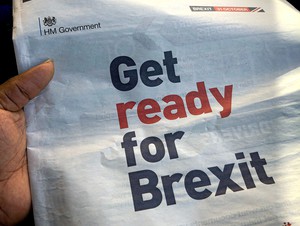- Clothes
- Bags
- Accessories
-
Inspiration
- Shoes
Tariffs & Ethical Fashion: Will You Lose Your Favourite Brands?
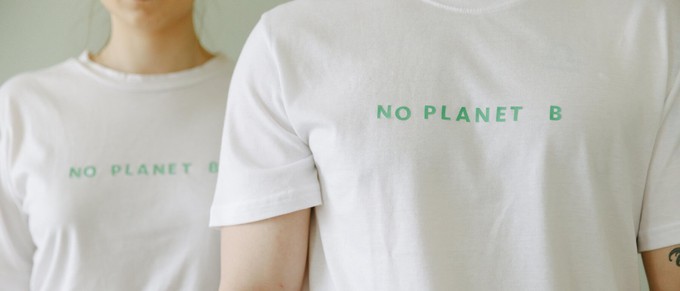
Sustainable fashion brands have been trying really hard to make a positive impact. Due to their business model, though, they already have it harder.
For example, since they pay their workers fair wages instead of relying on sweatshops, choose more expensive eco-friendly materials, and create durable products that will last you for years, they have much lower margins and budgets than huge fast fashion companies.
Now, the new US tariffs are making it even more difficult for them to stay afloat.
And the reason why this upsets and worries me so much is because, as the co-founder of a platform bringing ethical brands in one place, I’ve already seen the impact that these charges have on small fairtrade companies: after Brexit, many went bankrupt.
Coming from a background in Economics, I tried my best to create a simple overview for eco-conscious consumers like you (and hopefully, even though the situation in the US might change over the next few months—for better or worse—this guide will still be a helpful reminder of how tariffs impact ethical fashion brands, even if other countries were to implement them).
How do tariffs work, in simple words?
Tariffs are taxes imposed on imported goods.
So, for example, if a company brings foreign items into the US or they source their materials abroad, they’re going to have to pay tariffs to the government.
How do tariffs affect sustainable fashion brands?
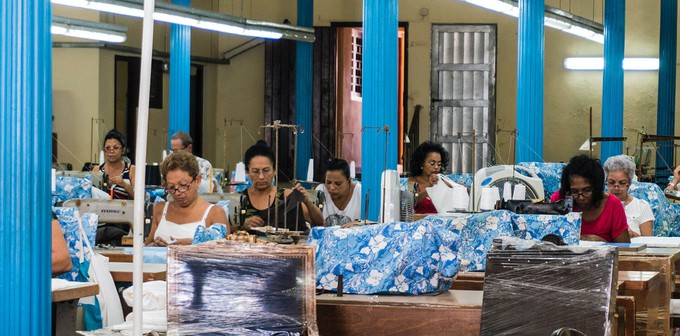
Many ethical fashion brands rely on materials or manufacturing partners abroad, especially in Asian countries where they’re cheaper (like China, India, and Bangladesh).
Fast fashion companies do this to keep their prices ridiculously low, often hiding modern slavery and child labour. On the contrary, ethical brands usually do it because… they wouldn’t be able to survive, otherwise! The difference is that, when the latter source their materials or labour from developing countries, they invest in eco-friendly options and pay their workers a living wage.
But now, for example, if a sustainable fashion brand based in the US wants to import organic cotton from India to make their clothes? They’ll need to pay tariffs of up to 27% on it.
So, what do these tariffs mean for sustainable fashion brands in practice?
Positive impact of tariffs on sustainable fashion brands
- Lower carbon emissions – With shorter supply chains (so, for example, by sourcing all their materials in the US instead of Asia), brands will reduce their carbon emissions
- Incentives to buy from companies based in your own country… in theory! – By making foreign goods more expensive, tariffs should make domestically produced ones more appealing. However, realistically, I think this is only true for brands whose entire supply chain is in the US (so, from raw materials to garment workers and the finished products, everything is produced domestically). This is incredibly rare!
Negative impact of tariffs on sustainable fashion brands
- Higher costs for US-based ethical fashion brands – If a company outsources anything from abroad (and, as seen before, most of them have to), they’ll now have to pay those tariffs on top of everything else
- Higher costs for ethical fashion brands based elsewhere but with customers in the US, too – They’ll need to pay higher taxes when selling to US consumers, and even more so when they do it in bulk (for example, when exporting to retailers or warehouses)
- Tough decisions to tackle these tariffs – Ethical brands can either choose to absorb those costs (and when their margins are already low, this usually means struggling to make a profit) or pass them on to their consumers (who will obviously be discouraged to buy from them or might genuinely not be able to afford those higher prices, and this will push them towards cheaper fast fashion clothes)
- Struggling to be as sustainable – To stay in business and cut costs, these brands might need to let something go, like carbon-neutral shipping or biodegradable packaging
- Impacting the livelihood of garment workers – If lots of brands stop sourcing their materials and production from other countries, those factories will close down, and workers (who are already vulnerable and often living in modern slavery conditions) will lose their only source of income. This is even worse if more ethical brands go bankrupt: they are the ones paying them fair wages!
At Project Cece, we’ve already seen this happen with Brexit
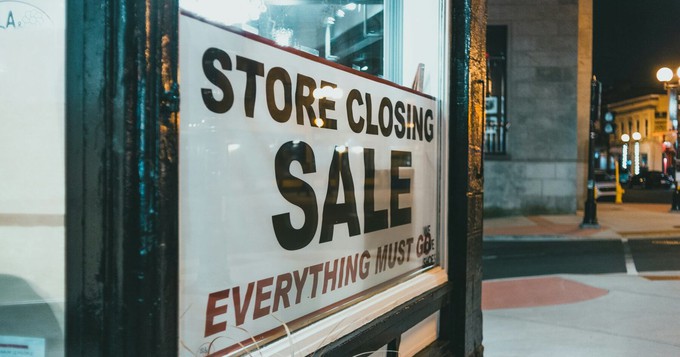
We’re a platform bringing hundreds of sustainable brands in one place, helping them reach more eco-conscious consumers while making it easier for you to shop ethical clothes. Most of our partners are in Europe.
But with Brexit came increased tariffs (on top of additional custom checks and paperwork), and this made things harder for sustainable brands who were:
- Based in the UK but selling to lots of EU customers
- Based in the EU but selling to the UK, too
The result?
We lost so many wonderful brands, including the British subsidiary of People Tree, the slow fashion pioneer. Some UK companies also had to make the difficult decision not to ship to the EU (or vice versa).
That’s why I’m so worried about these new tariffs affecting even more sustainable brands.
So, what can we do about tariffs and sustainable fashion?
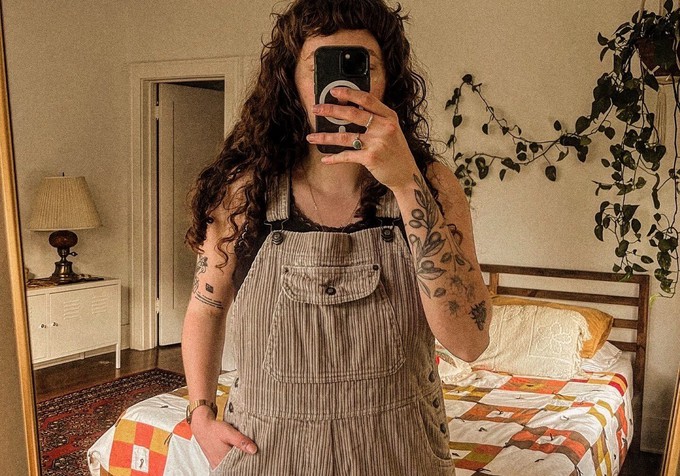
Not much, unfortunately, because those decisions are beyond our control, but you can continue to support your favourite ethical fashion brands (that need it more than ever):
- If you can afford to buy from them, that’d obviously make the biggest difference
- There are plenty of free ways to support them too, like engaging with their social media content and tagging them to help them reach more consumers, leaving them glowing reviews, recommending them to friends and loved ones, and adding them to your wishlist whenever someone asks “What would you like for your birthday?”
Personally, I think these tariffs are going to be detrimental to sustainable fashion brands. So, at Project Cece, we’re going to keep doing our best to support them. Will you join us?
Share our story
Related articles
Best UK Ethical Fashion Brands: Guide & Inspo (No Brexit Fees)
Falling in love with the best ethical fashion brands in the UK will allow you to avoid current import duties and reduce the carbon footprint of your clothes.
Shopping online after Brexit: How to avoid unexpected fees.
As of January 1, the transition period of Brexit has officially expired and the United Kingdom is no longer part of the EU. This has quite some impact on you if you're used to doing your online shopping on the other side of the canal. How do you avoid unexpected fees upon arrival of your package? We have tips!
Ethical Fashion Brands Are Struggling: Free & Paid Ways to Help
More and more sustainable fashion brands are going bankrupt, but there’s so much we can do to help them (even for free)
Project Cece is a platform that collects ethical fashion from vetted brands and shops in one place. Browse ethical fashion for women and men and find items that fit your style, budget and values!
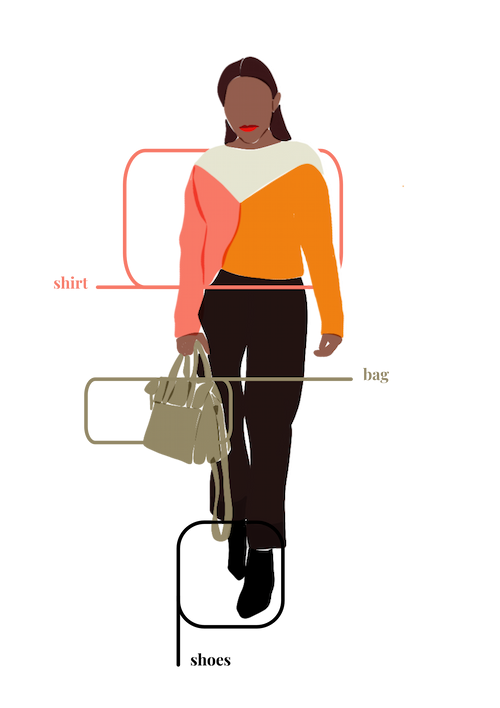
_large.png)

